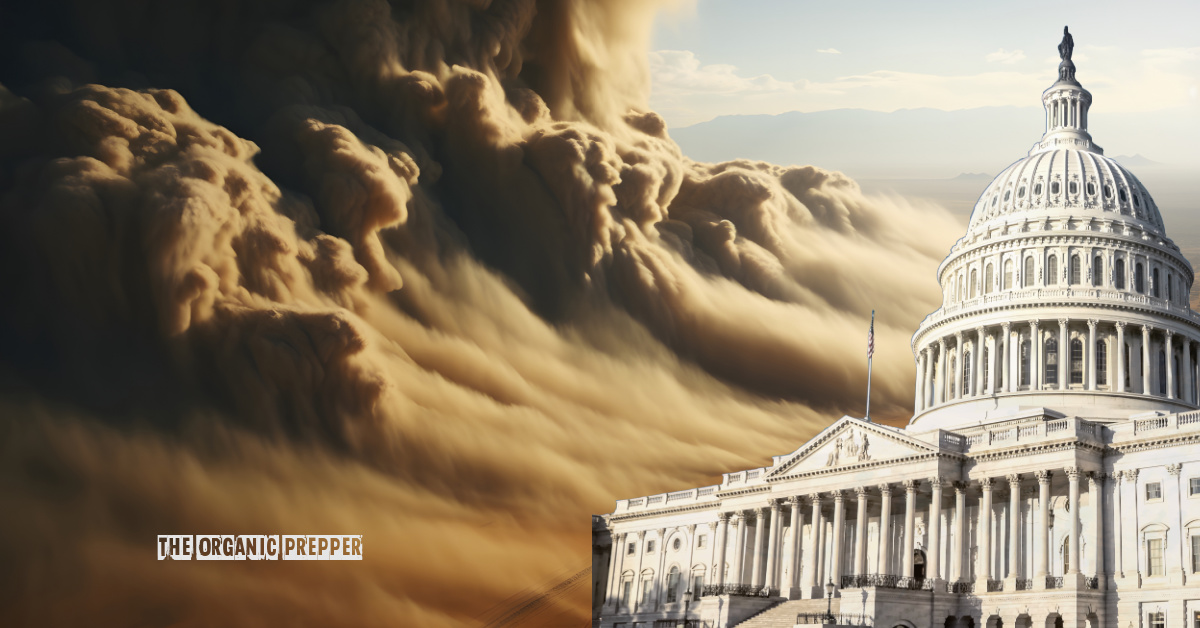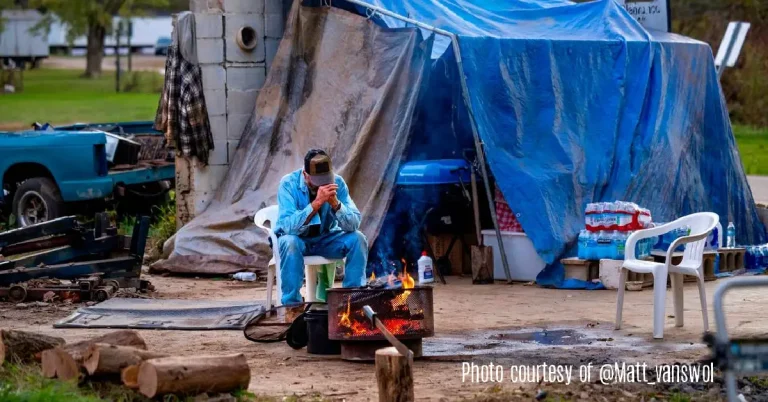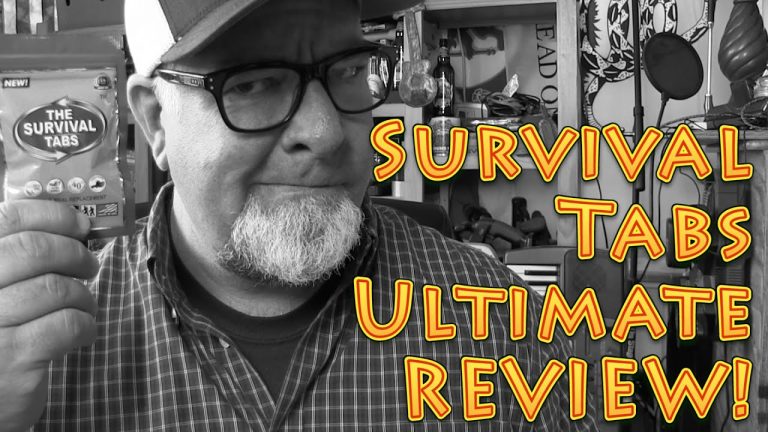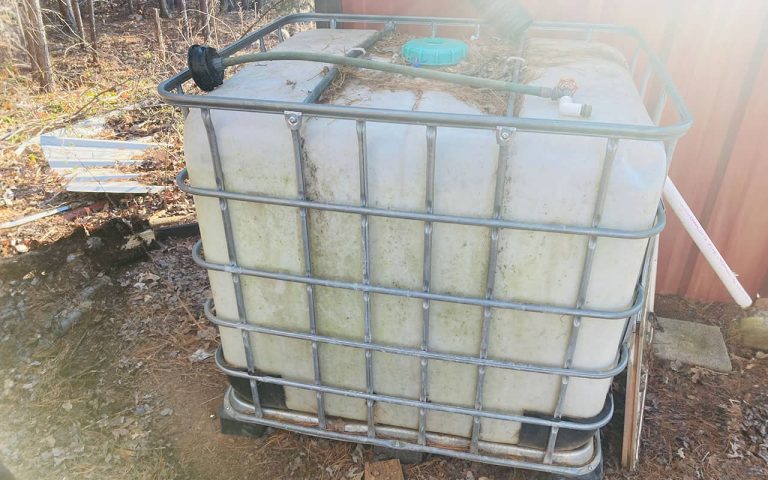(Psst: The FTC wants me to remind you that this website contains affiliate links. That means if you make a purchase from a link you click on, I might receive a small commission. This does not increase the price you’ll pay for that item nor does it decrease the awesomeness of the item. ~ Daisy)
Newly installed Speaker of the House Mike Johnson just managed to avert a government shutdown. Democrats helped pass a spending bill that will keep federal funds flowing until after the holidays.
However, the real structural problems within the federal government have not been addressed, which means it is only a matter of time before another funding battle begins.
So, let’s talk a little more about government shutdowns. What happens? Who gets affected? What happens if a shutdown occurs close to an election?
A brief history of government shutdowns
The federal government shut down twice during Clinton’s presidency, once for six days in November 1995, and then a second time for 21 days between December 1995 and January 1996. Clinton was trying to pass funding for various healthcare and environmental projects. The Republican Congress, led by Newt Gingrich, would not agree.
Then, in 2013, the government shut down under Obama. Congress refused to approve funding for the newly approved Affordable Care Act, and the government began a partial shutdown on October 1, 2013. About 800,000 federal workers went without pay, and over a million other workers had their paychecks delayed. Obama signed an agreement to make some minor tweaks to ObamaCare shortly after midnight on October 17, ending the shutdown.
The government shut down twice under Trump. The first time it closed for two days in January, 2018, when Republicans and Democrats could not agree on spending regarding immigration and healthcare policies.
This shutdown was unusual in that Republicans had control of the presidency as well as both houses of Congress, illustrating the sharp divide Trump caused within the Republican Party.
The next shutdown under Trump occurred at the end of 2018, after mid-terms and with a Congress controlled by Democrats. This time, the shutdown lasted 35 days, the longest shutdown in 40 years, and it occurred over funding of Trump’s proposed border wall.
Past shutdowns have always been caused when one political party insists on ramming through expensive, controversial new programs. So much money has been printed over the past three years, so many expensive new overseas commitments are popping up, and so many crises are occurring at home. It’s not surprising at all that Congress cannot agree on who gets what.
So, what happens when the government shuts down?
It depends on the nature of the shutdown. Congress has to pass twelve appropriations bills every year to approve spending for various parts of the government. During the second shutdown of Trump’s presidency, they had already passed five of the twelve bills, so those departments were not affected.
During shutdowns, essential government employees like air traffic controllers and law enforcement are still expected to show up for work, though they don’t get paid until the shutdown ends. Many other employees are simply furloughed. They don’t work, and don’t get paid.
Social programs like Social Security, Medicare, and Medicaid, aren’t subject to reapproval every year. They are funded separately, so Medicare recipients don’t need to worry about not receiving their benefits.
Having said that, government shutdowns still cause massive inconveniences. Existing Medicare and Social Security recipients are unaffected, but no one new can enroll. Food stamps may run out. Stores require licenses to process EBT cards, and they cannot renew those licenses during shutdowns. The longer a shutdown lasts, the more stores will lose their ability to process EBT cards.
Travel, in general, often turns into a nightmare. TSA and air traffic controllers are technically still supposed to report for work during shutdowns. But because they aren’t receiving pay, in the past, many have not shown up, causing big delays at airports.
Republicans are generally blamed for shutdowns, but they at least pretend to run on fiscal responsibility. There have been a few members, like Ron Paul, who actually believe in it, and Americans who understand the depths of our financial problems vote to keep politicians like him in office. For those politicians who want to bring back fiscal restraint, shutdowns are really their only option.
Shutdowns are more than a matter of one party being stubborn. They are a reflection of the fact that Americans have literally nothing that unites us as a nation anymore.
We’ve been kicking the can since 1997.
And this pulling apart at the seams has been going on longer than most people realize. The last year Congress passed all twelve appropriations bills before the fiscal year began, with no shutdowns and no continuing resolutions, was 1997.
Unfortunately, we’ve spent a lot of time kicking the can down the road since then. And between Covid stimulus spending, war in Ukraine, and now Israel to support, no real solutions seem to present themselves that don’t involve a lot of financial pain first.
Furthermore, as we move into an election year, I think it’s worth at least considering what could happen if our government is still in turmoil next fall.
In 2020, during Covid, people speculated whether or not elections would occur, but it’s not that easy to postpone presidential elections. Only the states and Congress have the power to postpone elections, and even then, a new Congress has to convene on January 3, and a new president has to take office on January 20, per the 20th Amendment.
If the Electoral College cannot decide on a new president or the president chosen is found ineligible, the new Congress would select a president and vice president. The Speaker of the House would serve as president until the new president and vice president were chosen.
Thus far, presidential elections have never been postponed. Covid, 9/11, the Spanish Flu, even the Civil War did not stop them.
This still matters.
A lot of readers may think, “It doesn’t matter what happens. The electoral system is totally broken, and 2024 is going to get stolen anyway.” That may be likely, but the system is not 100% broken. Colorado’s ballot initiative last week was proof of that.
One of the reasons Colorado’s finances are still fairly sound, despite its general blue-ness, is its Taxpayer Bill of Rights (TABOR), which imposes very strict spending limits on the state legislature. Of course, the less business-savvy Democrats have been trying to get rid of this for years, and this year’s ballot initiative was no exception. But not only did it fail, it failed 60-40.
Americans are not 100% brain dead; the system is not 100% broken. This is why I think the likelihood of some kind of black swan event is relatively high. And the technological landscape makes it a lot easier.
We discussed this recently in our article about Cyber 9/11, but some points are worth reiterating. During Covid, as societies around the world were pushed online by physical shutdowns, cybercrime incidents increased 600%, and they have continued to increase since then. With new technological capabilities come new vulnerabilities, which we are obviously not totally prepared for.
And other possibilities exist, too. Between our chaotic border and various tinderboxes around the world, there is no shortage of things that could place additional demands on the federal government.
So, how does one prepare for a shutdown?
Personal risk during shutdowns really depends on your level of exposure. During the previous shutdowns, my household income came from the private sector. There were no gaps in pay. I didn’t need any healthcare during those time periods and have never used food stamps. I also didn’t need to take any plane trips, so I wasn’t horribly inconvenienced.
But that’s not the case for many other people. Plenty of people within the private sector absolutely have to travel, and airport delays cost them a great deal of time and money. Federal employees should also be concerned. Contractors with the federal government should be even more aware. Thanks to a law passed in 2019, federal employees receive back pay once government resumes after a shutdown. Federal contractors do not.
This is where the old advice about emergency funds and at least a month’s worth of food stored comes into play. I get that it’s nearly impossible to save money right now. My “emergency fund” is a credit card that I always keep a low balance on and pay off every month. It’s not ideal, but it’s something I could use if I had to. And, raising livestock, I have meat in the freezer and on the hoof. I’ve also still got cold-weather veggies in the garden. For those with more exposure to the federal government, now is the time to think about how to make it through gaps in pay.
Think about your network of trusted family and friends. Be mindful of the needs of those dependent on government income. If you are not particularly exposed yourself, maybe this is the year to be more generous, with practical gifts, toward family members in the military.
Congress has averted disaster for the moment, but no financial problems within the government have been fixed. Having said that, we still have time to better prepare ourselves and our households for longer-term disruptions.
What are your thoughts?
How much longer do you think we can avoid a government shutdown? Do you think a shutdown could cause conflict with the next presidential election? Are you personally affected when the government shuts down?
Let’s talk about it in the comments section.
About Marie Hawthorne
A lover of novels and cultivator of superb apple pie recipes, Marie spends her free time writing about the world around her.

















